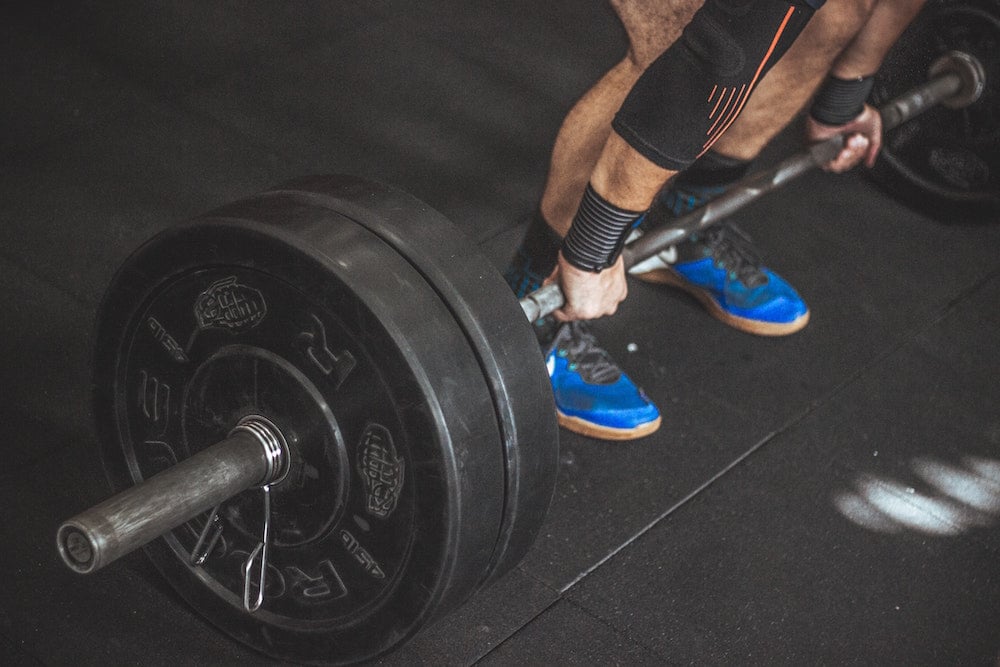Did you know?
Men’s testosterone levels increase during puberty, peak in their 20s and 30s, and then decline by about 1% per year after that.
Testosterone is a well-known hormone found in both men & women. For sports people focused on building muscle tissue it has recently become a hot topic.In men, a lack of testosterone is linked to sexual health issues and fatigue. Maintaining optimal testosterone levels is crucial for overall health. This article will cover why testosterone is important, how to monitor your levels, and natural ways to boost testosterone.
What you need to know about testosterone
Both men and women produce testosterone although women significantly less (a dozen or several dozen times less, depending on age). Testosterone is responsible for many physical and psychological characteristics, especially in men. It influences:
- physical features such as deeper voice, body hair, muscle mass and bone density
- sexual health including sex drive, fertility and erectile function and sperm production
- Testosterone also effects ambition and confidence, influencing behaviors related to assertiveness and competitiveness.
Men’s testosterone level increases during puberty and reaches the maximum in the twenties and thirties. Afterwards, with age increase, it decreases steadily at approximately 1% per year.
How to monitor your testosterone levels
If you’re concerned about low testosterone, it's important to discuss your symptoms with a healthcare professional. Consult with a GP to assess your testosterone levels and receive guidance on the best next steps. Regular check-ups and professional advice remain key to understanding and managing your hormone health.
How lifestyle changes can improve testosterone levels
A healthy lifestyle positively affects your level of testosterone. Here is a small selection of what you can do to improve your testosterone levels:
- 30 minutes of aerobics a day - regular training optimize the work of blood vessels.
- Strength exercises - training with weights increases the density of testosterone receptors, so testosterone itself works more effectively.
- Avoid overtraining – too much exercise can lower testosterone levels as well as physical and sexual performance.
- Change diet – A healthy balanced diet positively influences your metabolism and energy levels.
- Lose weight – an increased level of fat reduces testosterone levels and can be the root cause of sexual performance issues.
- Sleep well and control your stress – excessive stress and lack of sleep can lower testosterone levels.
- Think like a winner – all your successes and assertiveness positively influence your testosterone level,
- Stay sexually active – frequent sex increases testosterone level,
- Consult with your doctor regularly – health problems, for example, diabetes, decreases testosterone level.
Can low testosterone be responsible for your health problems?
Low testosterone levels (hypogonadism) can cause various symptoms, including:
- decreased sex drive
- erectile dysfunction
- inability to conceive a child
- fatigue (overall tiredness)
- decreased body hair and muscle mass
- the growth of breast tissue
If you are experiencing symptoms listed above you should consult with a doctor. Read our article How do i know if i have erectile dysfunction? to better understand the signs of ED and whether it might be linked to low testosterone levels.
When to consider Testosterone as a medicine
Testosterone replacement therapy (TRT) might be needed at any age when testosterone negatively affects one’s quality of life. Abnormally low testosterone level (hypogonadism) can be treated through prescribed testosterone medication. These TRT medications can have a form of pills, patches, gel, bio-identical testosterone drops and liquid injected into the body.
Testosterone level decreases naturally with age. However, low testosterone levels are responsible for many unwanted symptoms. While it is important to monitor testosterone levels if you're experiencing symptoms, testosterone treatments are usually not recommended solely for fitness enhancement or gym performance without a clinical diagnosis of testosterone deficiency.
How Healthhero can support you
HealthHero offers secure, discreet online medical services, including consultations for testosterone concerns and other men's health issues. If you suspect low testosterone or need professional advice, connect with a GP online today.




